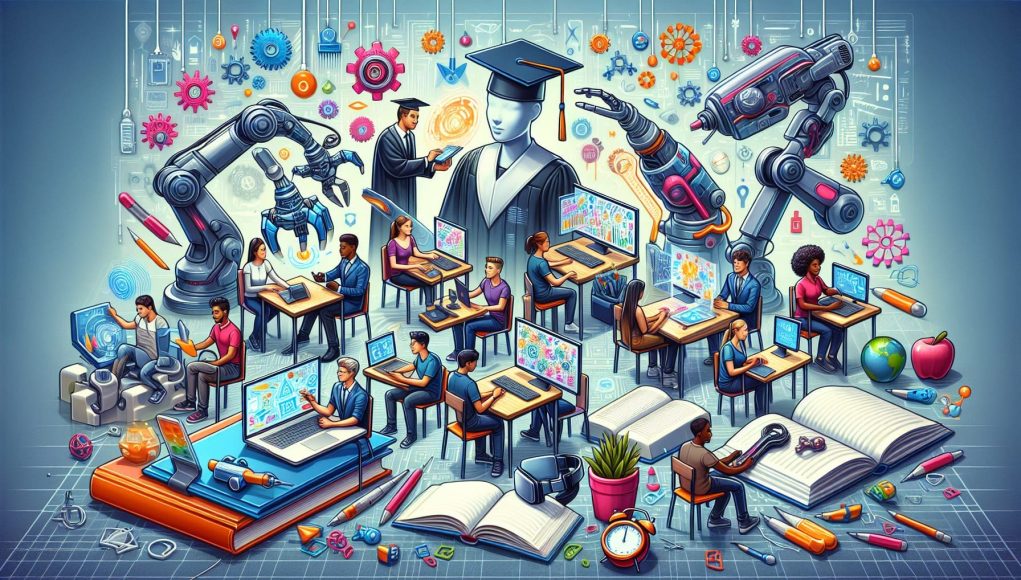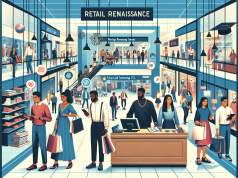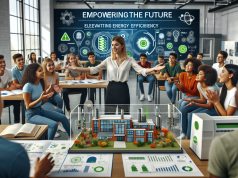<h1>Future-Ready Education: Equipping Apprentice Professionals for Tomorrow's Challenges</h1><p>The world is changing at an unprecedented pace, and with it, the skills required to thrive in the workplace are evolving rapidly. For Apprentice Professionals, this transformation presents both a remarkable opportunity and a formidable challenge. As the nature of work transforms, so must our approach to education and skill development. At the core of this shift is the urgent need to bridge skill gaps and prepare for a future that demands adaptability, resilience, and innovation.</p><p><strong>The Landscape of Change</strong><br>The Fourth Industrial Revolution is upon us, characterized by a fusion of technologies blurring the lines between the physical, digital, and biological spheres. Automation, artificial intelligence, and machine learning are not just buzzwords; they are redefining industries and job descriptions. This shift has significant implications for Apprentice Professionals, who must be ready to engage with technology in meaningful ways, even as human-centric skills remain invaluable.</p><p><strong>Education's New Paradigm</strong><br>Traditional education models, with their focus on rote learning and outdated curricula, no longer suffice. Instead, a future-ready education emphasizes critical thinking, creativity, emotional intelligence, and digital literacy. It encourages interdisciplinary learning, marrying the arts with sciences, and fostering an environment where curiosity and experimentation are nurtured.</p><p><strong>Bridging the Skill Gap</strong><br>To bridge the skill gap, education systems must become more dynamic. Experiential learning, internships, and apprenticeships offer hands-on experience, equipping Apprentice Professionals with the skills employers are seeking. Furthermore, continuous learning should become the norm, acknowledging that the skills needed today might evolve tomorrow.</p><p><strong>Embracing Digital Tools</strong><br>Technology in education is not merely an adjunct; it is a catalyst. Adaptive learning technologies, virtual and augmented realities, and online courses are making education more accessible, personalized, and engaging. For Apprentice Professionals, this means the ability to learn at their own pace, delve deeper into specific interest areas, and gain global perspectives without leaving their hometown.</p><p><strong>The Role of Soft Skills</strong><br>Even in a tech-driven world, the importance of soft skills cannot be overstated. Communication, collaboration, empathy, and leadership are qualities that, while often hard to quantify, are crucial for success. As we prepare for the future, these traits will distinguish the human workforce from machines and AI, highlighting the value of uniquely human abilities.</p><p><strong>Collaborative Learning Environments</strong><br>Learning is no longer a solo journey. Collaborative environments, whether physical or virtual, provide Apprentice Professionals with the opportunity to work alongside peers, exchanging ideas and perspectives. This not only hones their teamwork skills but also enriches their understanding, preparing them for the increasingly interconnected world.</p><p><strong>Conclusion: A Vision for the Future</strong><br>The path to a future-ready education system is replete with challenges, but it is a journey worth undertaking. For Apprentice Professionals, the goal is clear: to cultivate a skill set that is as dynamic as the world they'll inhabit. By embracing innovation, fostering lifelong learning, and cherishing the human-centric skills that machines cannot replicate, we stand ready to bridge the skill gaps and face the future with confidence.</p><p>Through these efforts, Apprentice Professionals will not just adapt to change; they will drive it, ensuring that the next wave of industry and technology is met with a workforce that is prepared, resilient, and visionary.</p>
We provide you with the latest breaking news and videos straight from the world of work, worker, and workplace
Contact us: [email protected]
© Made with ♥ by #TeamTAO




























